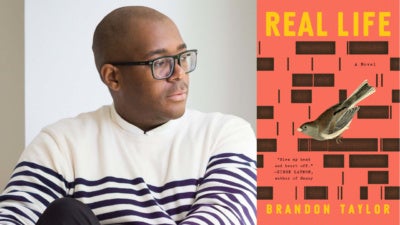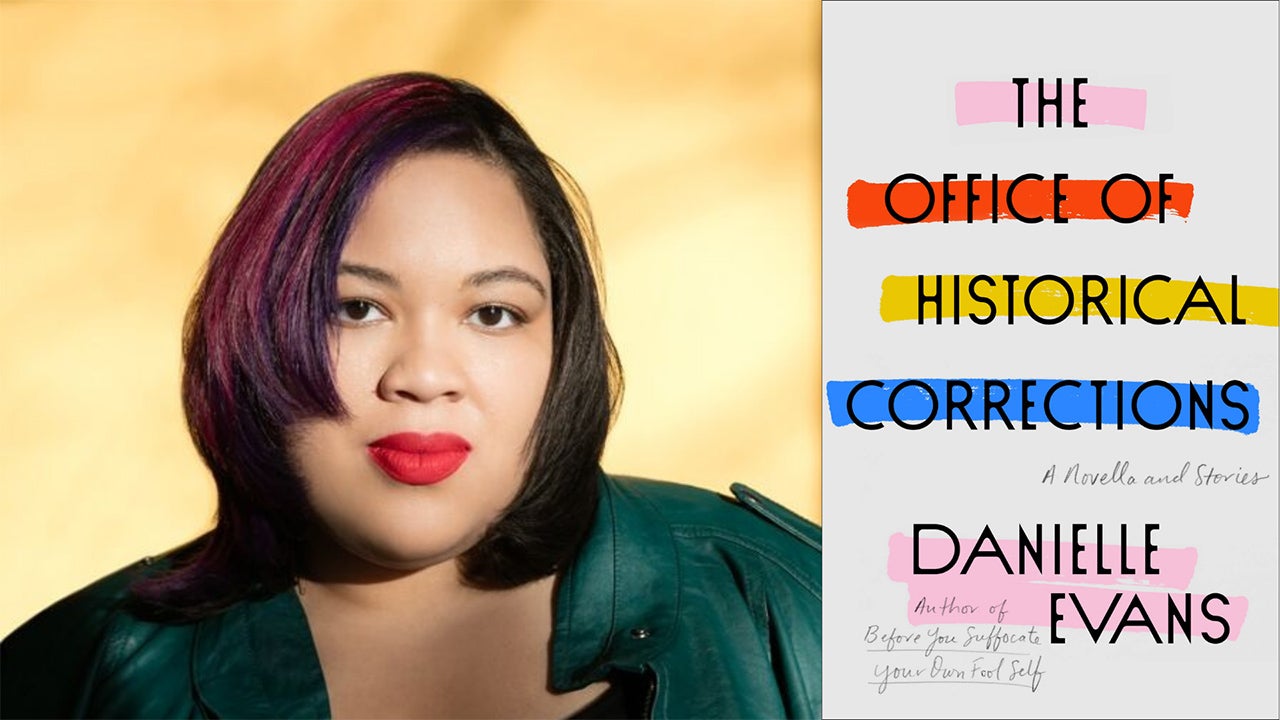On February 17, Aspen Words will announce the shortlist for the fourth annual Aspen Words Literary Prize, a $35,000 award recognizing a work of fiction that addresses a vital social issue. Fifteen works are still in the running, and the diverse list includes 13 novels and two short story collections. While the jury works on narrowing down this list to five finalists and a winner, Aspen Words chatted with the nominees about their work, how they view their role as a writer in the cultural and political moment, and the best piece of writing advice they’ve received.

Brandon Taylor is the senior editor of Electric Literature’s Recommended Reading and a staff writer at Literary Hub. His book Real Life deals with themes of gender and sexuality. Unfolding over tension-filled dinner parties, frustrating lab sessions, and furtive sexual encounters, the novel follows Wallace and his group of friends as they fall in and out of love, argue, manipulate, and try to understand one another.
How do you view your role as a writer in this cultural and political moment, and why is the time right for your book?
I don’t know that I have a specific or particular political or cultural impulse when it comes to my writing. There are brilliant writers and thinkers whose actual work deals in the cataloging and description of our political moment, writers whose work is contiguous with certain kinds of political action. I think that our discourse suffers when writers who do not fit that description try to slot themselves into it anyway. I think it’s become easy to say that the personal is political, that fiction is political, without having to think very deeply about the consequences that label has for people doing actual, hard-knuckled political work with their writing.
I’m interested in documenting specific lived experiences in a way that resonates with my own sense of truth and morality. I’m interested in elucidating all the hidden social schemas that we’ve come to take for granted. I’m trying to move those things into language and to name them and discuss them and articulate things about them. But if that work has political resonance, then it’s a resonance that comes from the outside. For myself, I’m just trying to understand how and why people connect or don’t.
What is the core tenet of your book’s philosophy?
The central idea of Real Life is probably that we come to a certain point in our lives when all of the concessions we’ve made in order to get what we thought we wanted start to seem like too steep a price to pay. Basically, it’s a novel about realizing that you give certain parts of yourself away to survive your circumstances, you accept less of yourself to get by, and then one day, you change your mind and you want those things back, and how do you begin to negotiate your sense of self-worth within various oppressive hierarchies of power. The Faustian bargain we strike with the world to survive its demands, and the terror and ecstasy of daring to live on your own terms.
If you weren’t a writer what would you be?
I’d be a research scientist trying to elucidate the regulation of certain stem cell regulators in the context of cell fate decisions.
What’s the best piece of advice you’ve received on writing fiction?
“It’s just a draft.” A really good, unbelievably kind friend said that to me when I was trying to figure out how to write, and it totally changed my life. Whenever I’m struggling to write, it’s always the thing that saves me.


